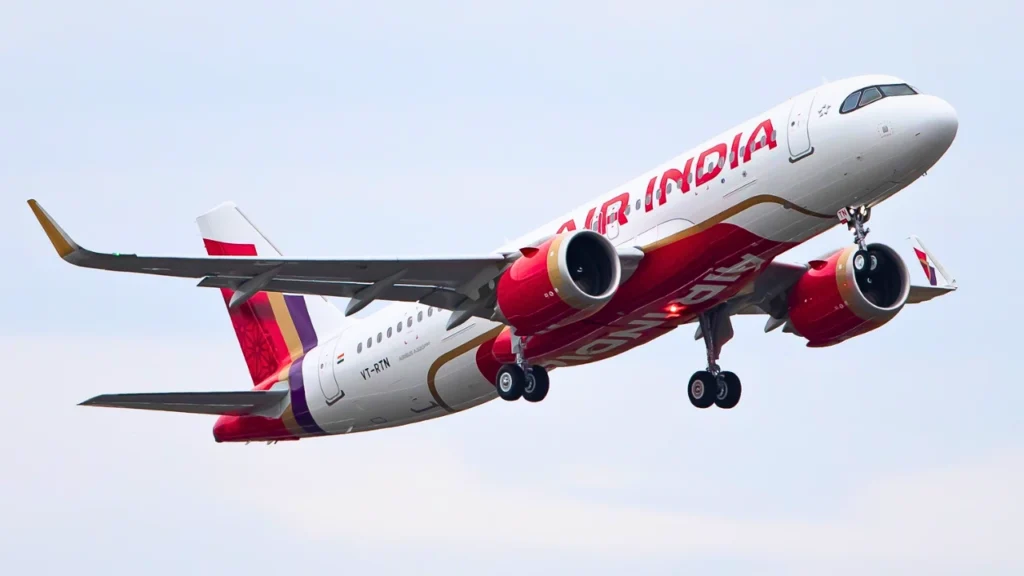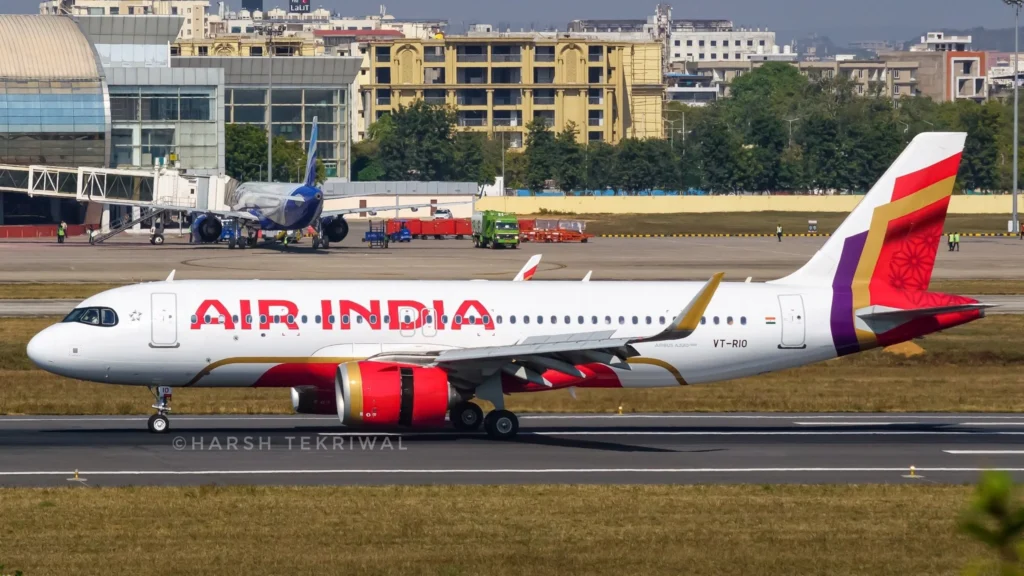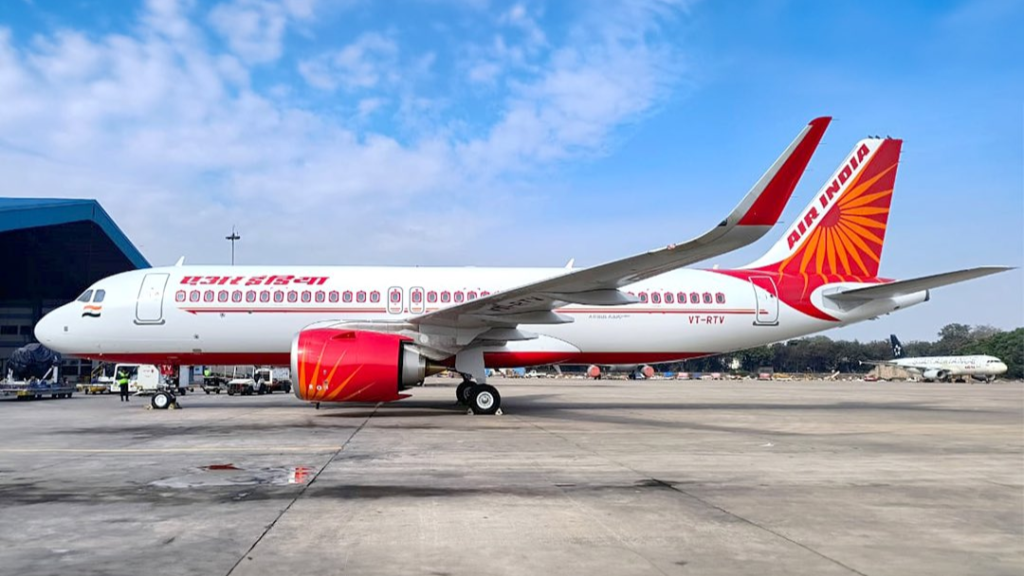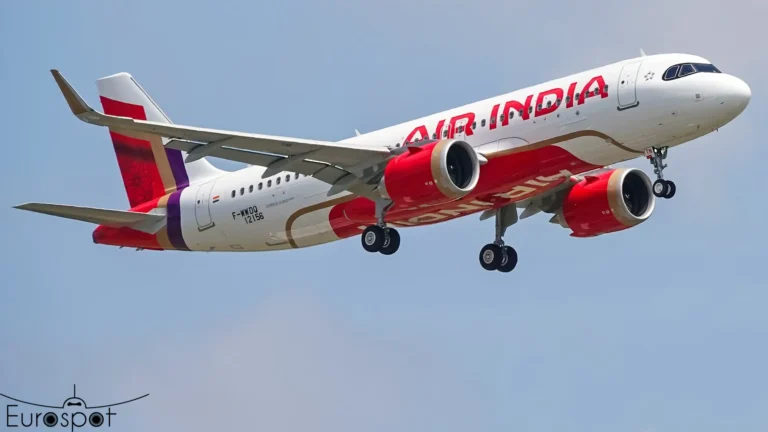GURUGRAM- An Air India (AI) pilot collapsed before operating flight AI2414 from Bengaluru Kempegowda International Airport (BLR) to Delhi Indira Gandhi International Airport (DEL), prompting immediate medical intervention and a crew replacement.
The incident occurred in the early hours of July 4, just before takeoff. The airline swiftly arranged an alternate pilot to ensure that the Bengaluru–Delhi flight proceeded as scheduled, according to Reports.

Air India Pilot Collapses
The Air India (AI) pilot assigned to operate flight AI2414 experienced a medical emergency moments before boarding the aircraft at Bengaluru Airport (BLR). The pilot was promptly taken to a nearby hospital and is currently stable under medical supervision.
Air India officially confirmed the incident, stating that the rostered pilot could not operate the flight due to a sudden health issue.
The airline responded by deploying a standby pilot to take over the scheduled flight to Delhi (DEL). The airline reiterated that the passenger service was not significantly disrupted, and safety protocols were followed without compromise.
Such incidents bring into focus the increasing scrutiny of pilot fitness and aviation industry preparedness for medical emergencies involving flight crew.

Similar Incidents
On April 15, 2025, a United Airlines (UA) Boeing 777-200ER operating flight UA71 from Amsterdam Schiphol Airport (AMS) to Newark Liberty International Airport (EWR) made an emergency landing at Dublin Airport (DUB).
The diversion followed the mid-air incapacitation of a third pilot, who had reported chest pain. After holding over Scotland at 36,000 feet, the crew declared a medical emergency and safely landed in Dublin nearly three hours later.
The incident highlights the importance of having additional trained personnel onboard and rapid decision-making during in-flight medical events.
In another incident, an easyJet (U2) flight from Hurghada (HRG) to Manchester (MAN) diverted to Athens International Airport (ATH) after a pilot onboard collapsed mid-flight.
Passengers reported a visible response from the cabin crew, and medically trained individuals among passengers assisted until the aircraft safely landed. The remaining pilot executed a successful emergency landing, and emergency services met the aircraft upon arrival.
The emergency situation temporarily left passengers stranded but emphasized the critical nature of in-flight medical preparedness.
In a separate incident, the Directorate General of Civil Aviation (DGCA) is investigating the death of a 35-year-old Air India Express (IX) pilot shortly after operating a Srinagar (SXR) to Delhi (DEL) flight.
The investigation, led by DGCA Deputy Director Vishal Yadav and subject expert Group Captain Murtaza, will assess medical protocols, crew scheduling, and airport emergency response systems.
The DGCA aims to determine whether adequate safeguards exist to identify and manage health risks among crew members before flights. Findings from this probe are expected within six months and may lead to revised medical screening requirements for airline personnel.

Conclusion
The medical emergency involving an Air India pilot before a Bengaluru-Delhi flight underscores the unpredictable nature of health issues in high-stakes environments like aviation.
By examining this incident alongside similar cases and ongoing regulatory efforts, it’s clear that the industry is prioritizing safety through rapid response and thorough investigations.
Enhanced health monitoring and emergency protocols will likely shape the future of aviation safety, protecting both crew and passengers.
Stay tuned with us. Further, follow us on social media for the latest updates.
Join us on Telegram Group for the Latest Aviation Updates. Subsequently, follow us on Google News

